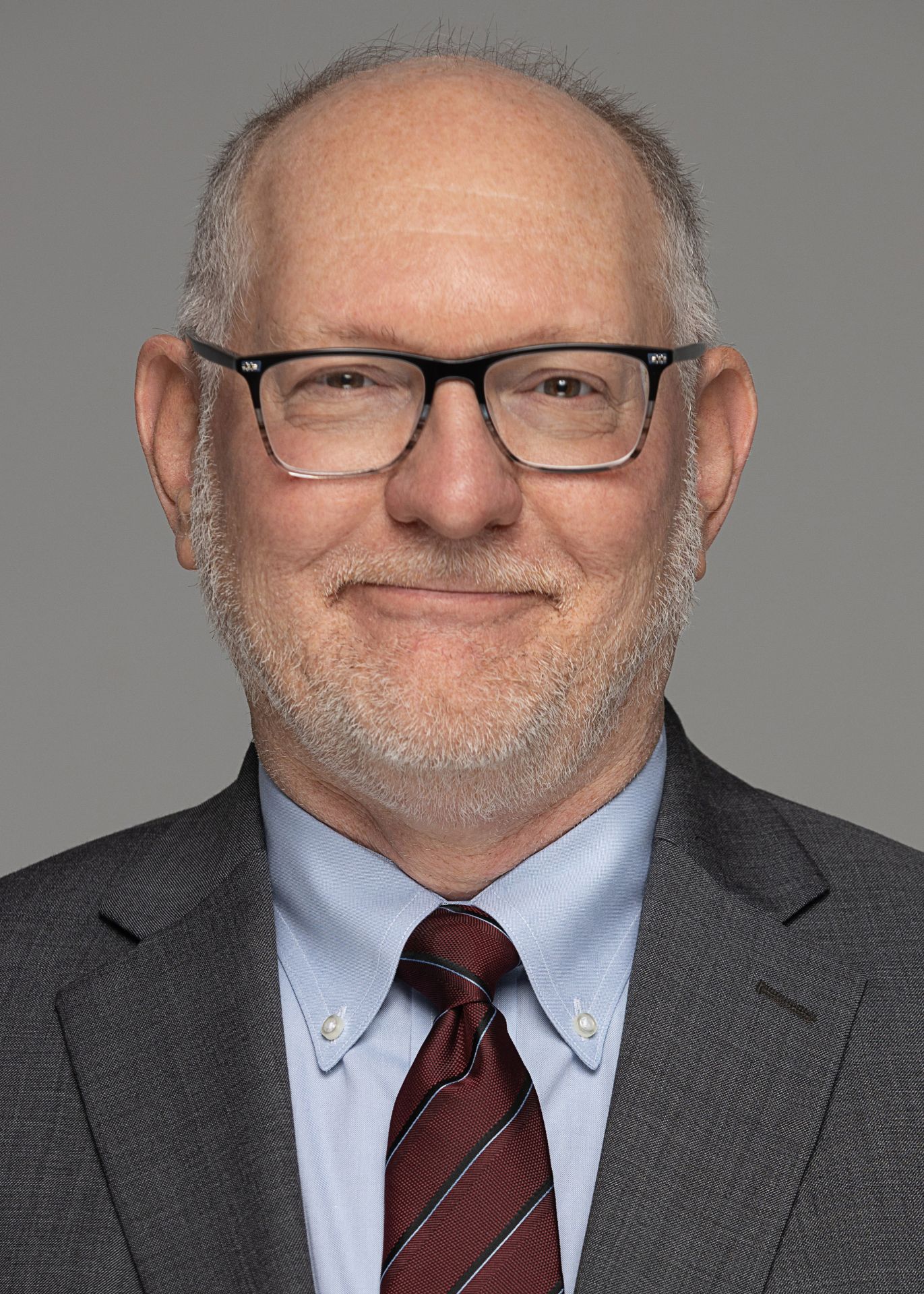Purdue University, in West Lafayette, Ind.
Purdue University and Duke Energy have announced that they plan to jointly explore the feasibility of using advanced nuclear energy to meet the university’s long-term energy needs, “a move that may be unprecedented for a college campus.” A small modular reactor could meet the current and future needs for Purdue’s West Lafayette, Ind., campus, as well as provide excess power to the state’s electric grid, according to a joint press release.
A screen shot from the ANS webinar, “A Reactor Physicist’s Explanation of Chernobyl,” featuring Christopher Perfetti (inset). (Source: ANS)
On the 36th anniversary of the Chernobyl nuclear accident, the American Nuclear Society held the webinar, “A Reactor Physicist’s Explanation of Chernobyl,” led by Christopher Perfetti, an assistant professor in the Nuclear Engineering Department at the University of New Mexico. (Here we use the more common Russian spelling of Chernobyl, rather than the Ukrainian spelling, Chornobyl.)
Earth Day webinar participants were (clockwise from top left) Craig Piercy, Lindsey Walter, Mikal Bøe, and Shannon Bragg-Sitton. (Image: ANS)
The American Nuclear Society hosted the webinar “Earth Day: Reflections on the Future of Clean Energy” on April 22. Expert panelists discussed the best options for achieving emissions-free objectives, including goals in energy production, industrial activities, and transportation.
Prof. Anna Erickson and Ph.D. student Natalie Cannon discuss a radioxenon detection system with applications in nuclear treaty monitoring and molten salt reactor off-gas monitoring. (Photo: Georgia Tech)
Nuclear News reached out to the Nuclear Engineering Department Heads Organization (NEDHO) to ask for assistance in connecting with nuclear engineering programs at U.S. universities. Our request to universities was to provide us with updates on their programs and to detail their areas of special interest.
NEDHO came through big time. As a result, 20 nuclear engineering programs answered the call. In this series of articles, we will take a close look at university programs around the United States. This time, the focus is on Georgia Institute of Technology, in Atlanta, Georgia.
Dr. Igor Bolotnov in the D.H. Hill, Jr. Library Visualization Studio. (Photo: NC State)
Nuclear News reached out to the Nuclear Engineering Department Heads Organization (NEDHO) to ask for assistance in connecting with nuclear engineering programs at U.S. universities. Our request to universities was to provide us with updates on their programs and to detail their areas of special interest.
NEDHO came through big time. As a result, 20 nuclear engineering programs answered the call. In this series of articles, we will take a close look at university programs around the United States. This time, the focus is on North Carolina State University, in Raleigh, North Carolina.
Prof. Carol Smidts and her group working with the nuclear power plant simulator in Scott Lab at Ohio State. (Photo: OSU)
Nuclear News reached out to the Nuclear Engineering Department Heads Organization (NEDHO) to ask for assistance in connecting with nuclear engineering programs at U.S. universities. Our request to universities was to provide us with updates on their programs and to detail their areas of special interest.
NEDHO came through big time. As a result, 20 nuclear engineering programs answered the call. In this series of articles, we will take a close look at university programs around the United States. This time, the focus is on Ohio State University, in Columbus, Ohio.
Oregon State University’s Advanced Nuclear Systems Engineering Laboratory. (Photo: Oregon State)
Nuclear News reached out to the Nuclear Engineering Department Heads Organization (NEDHO) to ask for assistance in connecting with nuclear engineering programs at U.S. universities. Our request to universities was to provide us with updates on their programs and to detail their areas of special interest.
NEDHO came through big time. As a result, 20 nuclear engineering programs answered the call. In this series of articles, we will take a close look at university programs around the United States. This time, the focus is on Oregon State University.
Students in the Nuclear Innovation Commons, designed to promote collaboration and innovation. (Photo: Penn State College of Engineering)
Nuclear News reached out to the Nuclear Engineering Department Heads Organization (NEDHO) to ask for assistance in connecting with nuclear engineering programs at U.S. universities. Our request to universities was to provide us with updates on their programs and to detail their areas of special interest.
NEDHO came through big time. As a result, 20 nuclear engineering programs answered the call. In this series of articles, we will take a close look at university programs around the United States. This time, the focus is on Pennsylvania State University's nuclear program, based in University Park, Pennsylvania.
Purdue University Reactor Number One (PUR-1) is the first and only nuclear reactor operating in Indiana and the first and only facility to be licensed for a fully digital safety and control system. (Photo: Purdue)
Nuclear News reached out to the Nuclear Engineering Department Heads Organization (NEDHO) to ask for assistance in connecting with nuclear engineering programs at U.S. universities. Our request to universities was to provide us with updates on their programs and to detail their areas of special interest.
NEDHO came through big time. As a result, 20 nuclear engineering programs answered the call. In this series of articles, we will take a close look at university programs around the United States. This time, the focus is on Purdue University, in West Lafayette, Indiana.

















